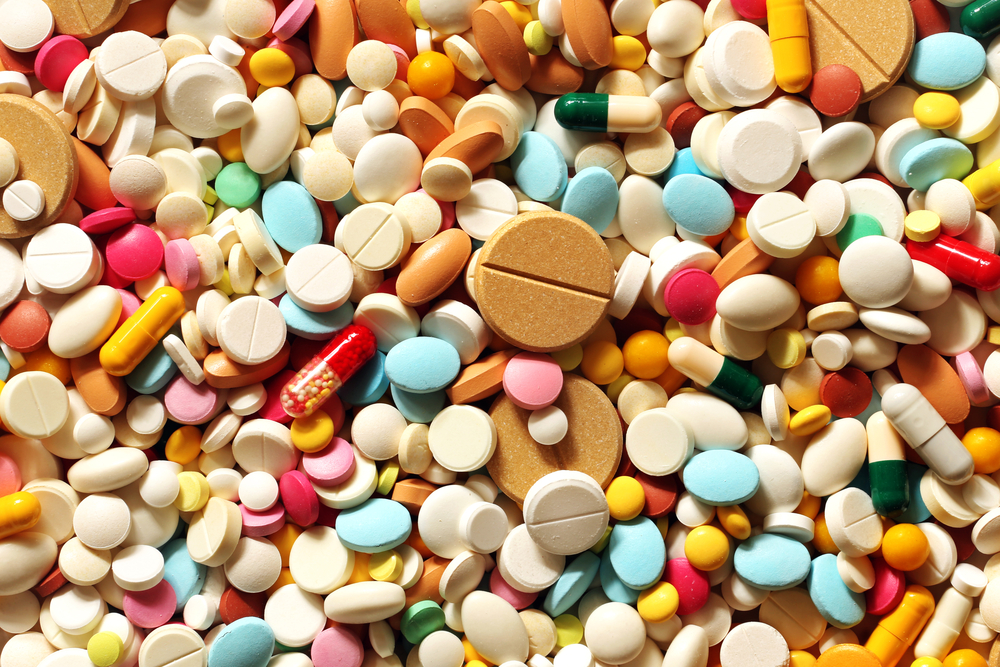There has been a lot of debate about the nature of addiction.
Is it simply a lack of willpower to overcome your own inclinations and desires to use again that’s responsible? Is it some kind of moral failing that prevents you from shunning these addictive substances forever?
Or, as modern research has come to show, is addiction a disease instead – one that is both physical and mental and should be treated like any other malady?
While some people still refuse to acknowledge addiction as the complex disease that it really is, many national and global agencies have begun to recognize it as an actual medical disorder.
And as a result, addiction specialists can now tackle substance use disorders with evidence-based treatment, medications, and (most importantly) understanding and acceptance, making recovery that much more likely.
Why Is Addiction a Disease?
One of the main arguments for looking at addiction as a disease rather than just a series of bad choices is the fact that continued use causes a variety of physical changes in the brain, some of which can make it difficult (if not impossible) for an individual to stop using an illicit substance.
The primary brain system affected by most drugs today is the “reward circuit” which stimulates physical pleasure and euphoria in an individual. This system is naturally activated by behaviors that are hardwired to help us survive and flourish. Eating, exercising, having sex, and even learning are just some of the many activities that activate this region.
Drugs like heroin and alcohol, however, hijack this reward system and activate it by increasing the levels of dopamine involved, sometimes by as much as ten times as that of normal activities. This results in a “high.”
What Does Addiction Look Like in The Brain?
Over time and with continued use, the brain begins to acclimate to these higher levels of dopamine, making it harder to achieve a high with the same quantities of drugs as before. This is called building a tolerance and it is one of the hallmarks of addiction.
Beyond the building of tolerance, continued drug use also changes the ability to regulate behavior as well. As the National Center on Addiction and Substance Abuse (CASA) puts it, “All people make choices about whether to use substances. However, people do not choose how their brain and body respond to drugs and alcohol, which is why people with addiction cannot control their use while others can.”
Effectively, an addict is primed to seek out more drugs due to their altered reward circuits. And without acknowledging this difference from normal, non-dependent brain functioning, addiction will be significantly harder to treat.
Is Addiction a Disease? Undoubtedly
Looking at addiction as the physical disease really opens up a whole new way of treating illicit drug abuse. Rather than focusing solely on issues of willpower and morality, addiction professionals can utilize a number of medication-assisted treatments (MATs) to make the process of withdrawal and recovery much more bearable.
And when these treatments are combined with counseling, cognitive behavioral therapy (CBT), and other treatments, the rate of recovery can be significantly higher than other methods based on willpower alone.
Beginning to see addiction as a disease, then, is one of the best ways to start healing addiction today.













